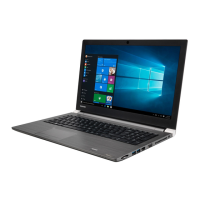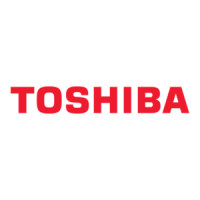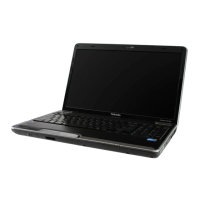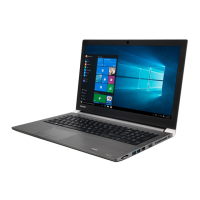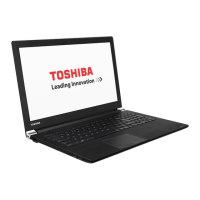User’s Manual Glossary-11
Glossary
operating system: A group of programs that controls the basic operation
of a computer. Operating system functions include interpreting
programs, creating data files, and controlling the transmission and
receipt (input/output) of data to and from memory and peripheral
device.
output: The results of a computer operation. Output commonly indicates
data 1) printed on paper, 2) displayed at a terminal, 3) sent through
the serial port of internal modem, or 4) stored on some magnetic
media.
P
PAL: PAL (Phase Alternating Line) is the dominant video and broadcasting
standard in Europe.
parity: 1) The symmetrical relationship between two parameter values
(integers) both of which are either on or off; odd or even; 0 or 1. 2) In
serial communications, an error detection bit that is added to a
group of data bits making the sum of the bits even or odd. Parity can
be set to none, odd, or even.
password: A unique string of characters used to identify a specific user.
The computer provides various levels of password protection such
as user and supervisor.
PCI: Peripheral Component Interconnect. An industry standard 32-bit bus.
peripheral: Any device, such as a printer or joystick, that is attached to the
computer and controlled by the computer's CPU.
Péritel: Péritel is a 21-pin connecting cable/port system that allows images
and high-quality stereo sound (including Dolby
®
Pro-Logic sound
formats) to be sent from one audio-visual device to another. It is also
known as a "SCART connector" or "Euro connector".
pixel: A picture element. The smallest dot that can be made on a display or
printer. Also called a pel.
plug and play: A capability with Windows that enables the system to
automatically recognize connections of external devices and make
the necessary configurations in the computer.
pointing device: Any device, such as the TouchPad or a mouse, that
enables you to move the cursor on the screen.
port: The electrical connection through which the computer sends and
receives data to and from devices or other computers.
Power Saver: A TOSHIBA utility that lets you set the parameters for
various power-saving functions.
program: A set of instructions a computer can execute that enables it to
achieve a desired result. See also application.
prompt: A message the computer provides indicating it is ready for or
requires information or an action from you.
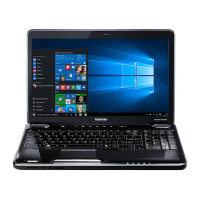
